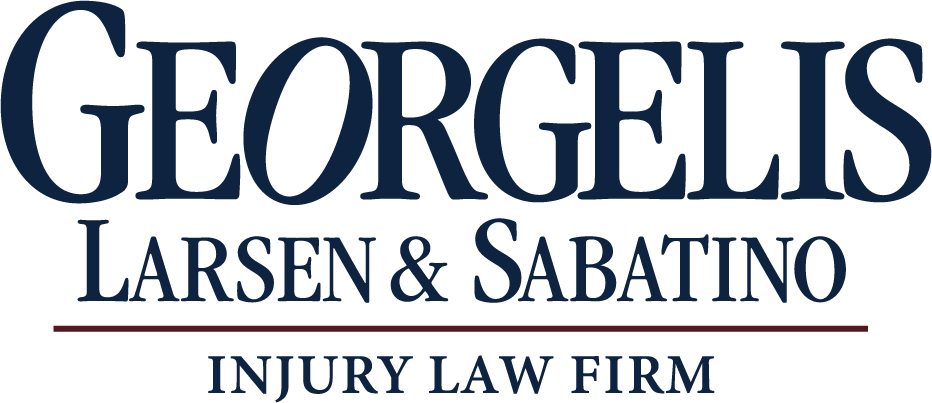Your Medical Providers Are Your Choice, Not Your Employer’s
Today’s article focuses on the medical treatment rights of an employee immediately after sustaining a work injury. Countless times, when I meet with an injured worker and ask where they first sought medical treatment following their injury, they tell me that they went to some type of occupational medicine facility. When I follow up by inquiring why they chose one of these places, they almost always say “that’s where they (the employer) told me to go.” As an attorney who has dedicated his career to helping injured workers, this is quite disturbing to me.
Pennsylvania workers’ compensation law unequivocally states that, upon the occurrence of a work injury, the employer must immediately provide to the employee a written copy of its “panel list” of healthcare providers. This list must contain at least six providers which represent a fair sampling of healthcare specialties, and the employer may not direct the injured worker to a specific provider, whether on or off the list. If the employee needs a certain type of treatment, but there is not a provider on the list offering such treatment, then the employee may choose a provider outside of the list within the necessary discipline of healthcare. If the employer does not provide the injured employee with a written copy of the list, the worker may treat with any provider of their choice. With respect to any appropriate healthcare provider, the employer is responsible to pay for the treatment so long as it is reasonable, necessary and related to the work injury.
So why, then, do some employers try to force injured workers into treating with certain healthcare providers, usually of the “occupational medicine” variety? In my opinion, based upon the thousands of cases I have handled, the answer is two-fold: money and control. First, occupational medicine outfits tend to keep treatment “in-house” for as long as possible. This means they are much slower to order expensive diagnostic studies for injured workers or to refer them to specialists who could prescribe treatment which carries a higher cost, than traditional healthcare providers. While this practice saves employers money, the consequences that inure from a delay in or the absence of proper testing and treatment can be potentially harmful to patients.
Second, occupational medicine centers often have very free and open lines of communication with the employers who refer them patients. I have seen many situations where a representative from the employer–most often someone from human resources with no medical training — actually influences or attempts to influence an occupational medicine provider when formulating work restrictions or deciding if/when an employee can return to work. It goes without saying that, for a healthcare provider to allow someone with no medical training whose interests are contradictory to those of their patient to participate in an employee’s medical decisions, is unconscionable.
The bottom line here is that, if you have been injured at the workplace, you should immediately demand a copy of your employer’s panel list of healthcare providers. If your employer does not have such a list, or if they do but you do not know which provider to choose, call me, and I will help you for no charge or obligation. Your health is paramount, so please do not allow your employer to dictate your medical treatment–make your own healthcare choices based upon what is best for you and your family.
— as published in the November/December issue of the Hempfield Suburban News





